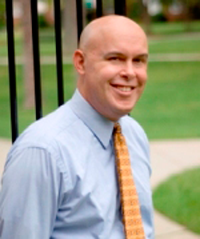The animated children’s television series Schoolhouse Rock has been teaching children about math, grammar, science, and history since the 1970s. Middle-aged women and men can still quote the program’s lyrics about conjunctions (“Conjunction junction, what’s your function? Hooking up words and phrases and clauses”), the nervous system (“there’s a telegraph line, you got yours and I got mine, It’s called the nervous system”), and the Preamble to the United States Constitution (“we the people, in order to form a more perfect union”). Unlike their math and grammar counterparts, though, many of the America Rock history episodes of the series have not aged well. Songs like “Sufferin’ Till Suffrage” and “Elbow Room” celebrate rather than investigate the national past, and overlook and oversimplify the experiences of most Americans. In this time of heightened disinformation and struggles for racial justice, the looming fiftieth anniversary of Schoolhouse and the 250th birthday of the United States offer the opportunity to celebrate with a new generation of programming that teaches children how to engage with difficult subjects like slavery, immigration, and racial segregation. In this talk, Dr. Ringel will examine the history presented by Schoolhouse Rock during the 1970s, and then consider subsequent strategies for teaching history to children that can serve as models for the new type of programming he hopes to introduce through this project.
 Paul Ringel is an associate professor of history at High Point University. He is the author of Commercializing Childhood: Children’s Magazines, Urban Gentility, and the Ideal of the Child Consumer in the United States, 1823-1918 (2015) and numerous articles about children’s literature and American children’s consumer cultures. His current work includes The William Penn Project, a public history project on a segregated black high school in High Point, North Carolina.
Paul Ringel is an associate professor of history at High Point University. He is the author of Commercializing Childhood: Children’s Magazines, Urban Gentility, and the Ideal of the Child Consumer in the United States, 1823-1918 (2015) and numerous articles about children’s literature and American children’s consumer cultures. His current work includes The William Penn Project, a public history project on a segregated black high school in High Point, North Carolina.
